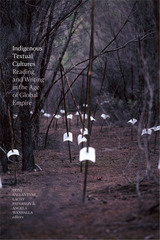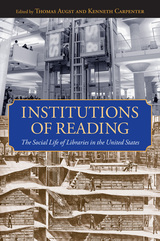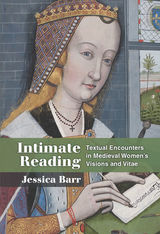Ritwik Ghatak: Occasional Essays for a 100th Birthday
Seagull Books, 2025
Paper: 978-1-80309-657-5 | eISBN: 978-1-80309-658-2
See other books on: Emigration & Immigration | Film | History & Criticism | Parekh, Surya | Spivak, Gayatri Chakravorty
See other titles from Seagull Books
Paper: 978-1-80309-657-5 | eISBN: 978-1-80309-658-2
ABOUT THIS BOOK | AUTHOR BIOGRAPHY | REVIEWS | TOC
ABOUT THIS BOOK
A bold, transnational interpretation of Ritwik Ghatak’s cinema that invites readers to encounter his films as meditations on history, migration, and collective survival.
The cinema of Ritwik Ghatak (1925–76) continues to resonate across borders and generations. His films—largely shaped by the 1947 Partition of Bengal and the experience of displacement—probe the fractured human condition through bold formal experimentation, unforgettable soundscapes, and a profound sense of myth and memory. Though his body of work was modest in size, Ghatak’s influence has steadily expanded, securing his place as a major figure in world cinema. This distinctive volume, which marks the centenary of this visionary filmmaker, gathers essays by important scholars and thinkers from around the world.
Moving beyond conventional film criticism and area studies, the collection stages new, transnational encounters with Ghatak’s films—approaching them as world texts, as sonic and visual experiments, and as meditations on migration, collectivity, and social existence.
The cinema of Ritwik Ghatak (1925–76) continues to resonate across borders and generations. His films—largely shaped by the 1947 Partition of Bengal and the experience of displacement—probe the fractured human condition through bold formal experimentation, unforgettable soundscapes, and a profound sense of myth and memory. Though his body of work was modest in size, Ghatak’s influence has steadily expanded, securing his place as a major figure in world cinema. This distinctive volume, which marks the centenary of this visionary filmmaker, gathers essays by important scholars and thinkers from around the world.
Moving beyond conventional film criticism and area studies, the collection stages new, transnational encounters with Ghatak’s films—approaching them as world texts, as sonic and visual experiments, and as meditations on migration, collectivity, and social existence.
See other books on: Emigration & Immigration | Film | History & Criticism | Parekh, Surya | Spivak, Gayatri Chakravorty
See other titles from Seagull Books












